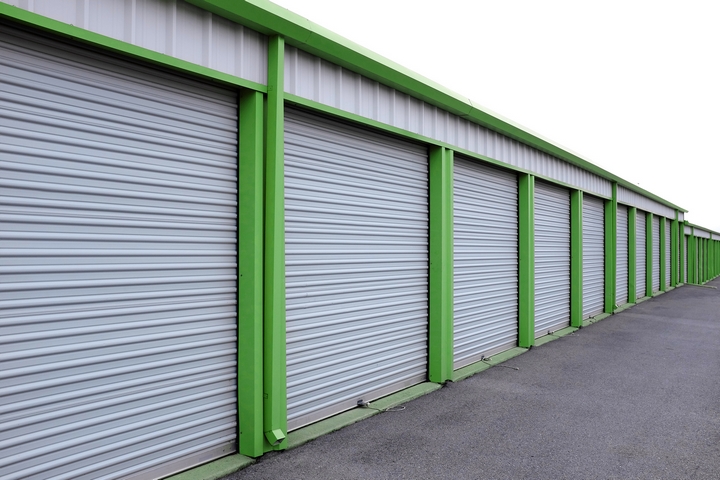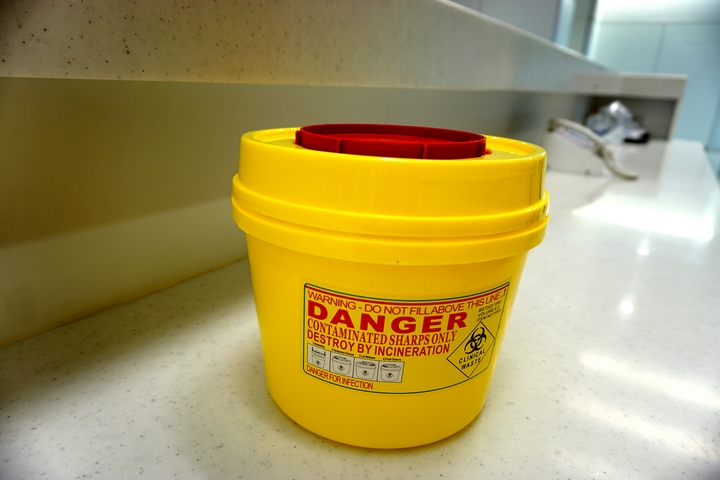Businesses and industries generate both hazardous and non-hazardous liquid waste. This waste includes fertilizers, paints and various types of chemical liquids. Improper handling of liquid waste can lead to grievous consequences, both environmental and financial.
1. Surface Water Pollution
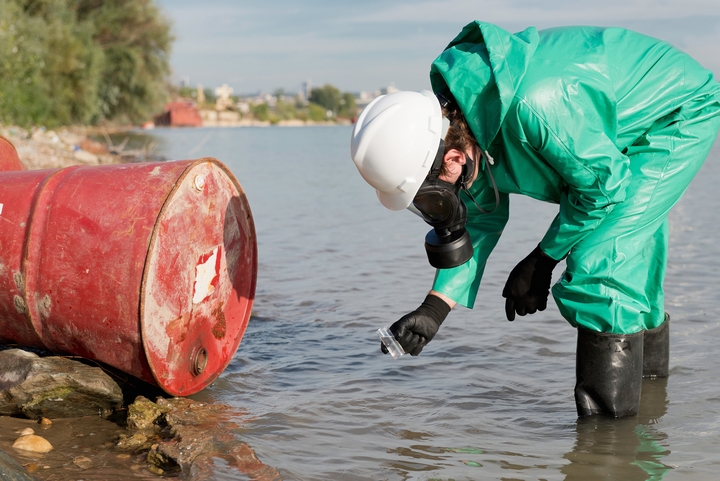
Liquid waste can change the chemical composition of water. This type of pollution can occur gradually through a slow leak at a chemical processing plant, or on a larger scale due to an oil spill or other dangerous liquid waste. Surface water contamination can affect drinking water and make it dangerous for both human and animal consumption. It can also disrupt aquatic ecosystems and even lead to the extermination of aquatic life.
2. Groundwater Pollution
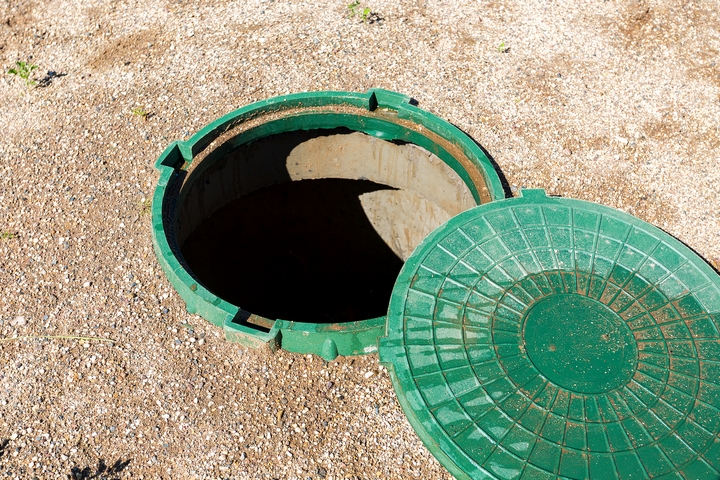
As contaminated liquid waste penetrates the ground, it contaminates groundwater, making it unfit for consumption. The leachate is comprised of harmful chemical substances that threaten the groundwater ecosystem.
Due to the fact that liquid waste is highly solvent, the leachate can quickly contaminate large swaths of groundwater. Proper liquid waste disposal measures can, however, ensure that such dire consequences do not occur in the first place.
3. Soil Contamination

Liquid waste penetrates soil quickly, seeping deep into the earth’s surface. As a result, plants growing on this soil are exposed to chemicals that either hampers their growth or make them unsuitable for consumption. This can cause grievous danger to both animals and humans who may end up consuming the polluted products. If the contamination is on a large scale, there is a likelihood of famine as governments move in to destroy the contaminated products.
4. Air Pollution

Liquid waste emits foul smells that waft into the air and end up causing various respiratory problems to both humans and animals. Inhaling sewage waste fumes could endanger lives.
5. Greenhouse Gases
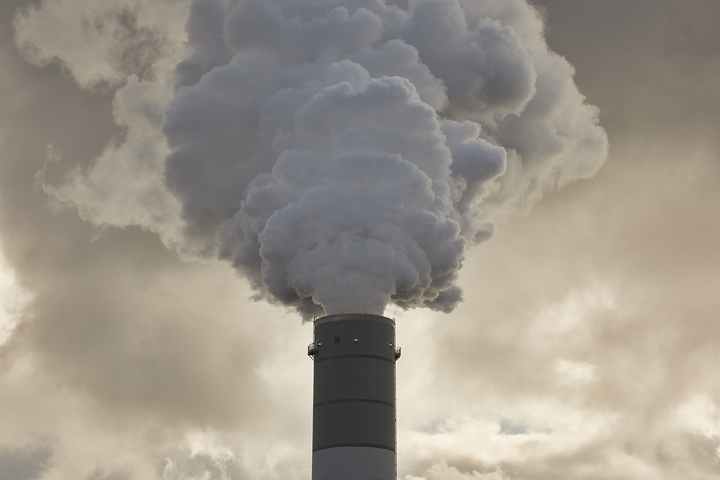
Fumes exuded by poorly handled liquid waste contribute to the generation of greenhouse gases. As these gases rise, they trap heat in the atmosphere, causing extreme weather scenarios such as typhoons, storms and heatwaves, or acid rains. The resultant global warming is a major contributor to climate change.
6. Economic Consequences
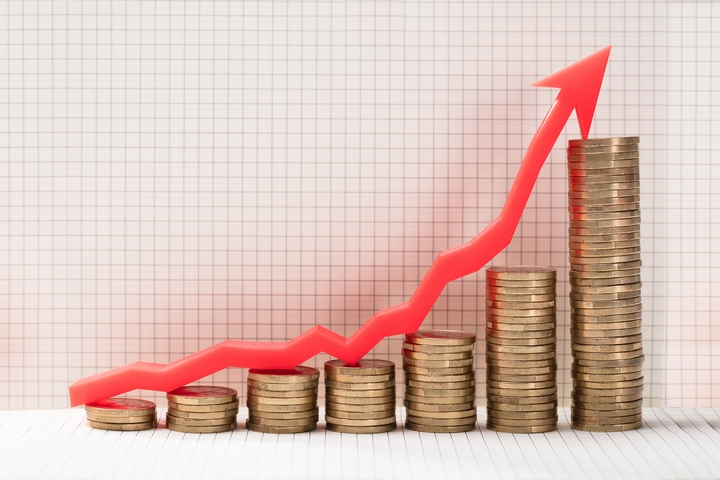
Apart from environmental and health impacts, poor liquid waste management can lead to serious economic impacts. For businesses, heavy fines and lost revenue can incapacitate operations. These economic ramifications can also affect communities within which these businesses operate in. For instance, they can lead to loss of property and depressed earnings. The cost of cleaning up the liquid waste mess can be felt in terms of fines and taxes levied on businesses that dispose of liquid waste inappropriately.
7. Health Risks

As alluded to above, poor handling of hazardous liquid waste can lead to health complications. As the hazardous liquid contaminates groundwater, soil and the air we breathe, populations are exposed to serious ailments, some of which could be life-threatening.
8. Weakened Brand

Besides the lost revenue, you may have to spend a lot of money on damage control. If your company is indicted for poor liquid waste management, the resulting bad press can severely damage your brand, image and reputation. This may also result in your company being viewed as environmentally insensitive. The resultant possible loss of customer loyalty could further dilute the impact of your brand and hurt your growth prospects.
Poor liquid waste handling can lead to severe consequences as shown above. However, behind these consequences lie an even graver consequence called climate change. Arguably, climate change is the world’s most intractable challenge.
Ensuring that all hazardous liquid waste generated by your business is properly handled could very well end up assuaging climate change impacts. Besides, your business reputation can be severely damaged if hazardous liquid waste from your company ends up contaminating water, soil or the air that people breathe. In an increasingly environmentally conscious world, being viewed as an enemy of the environment can seriously affect the growth of your business.


